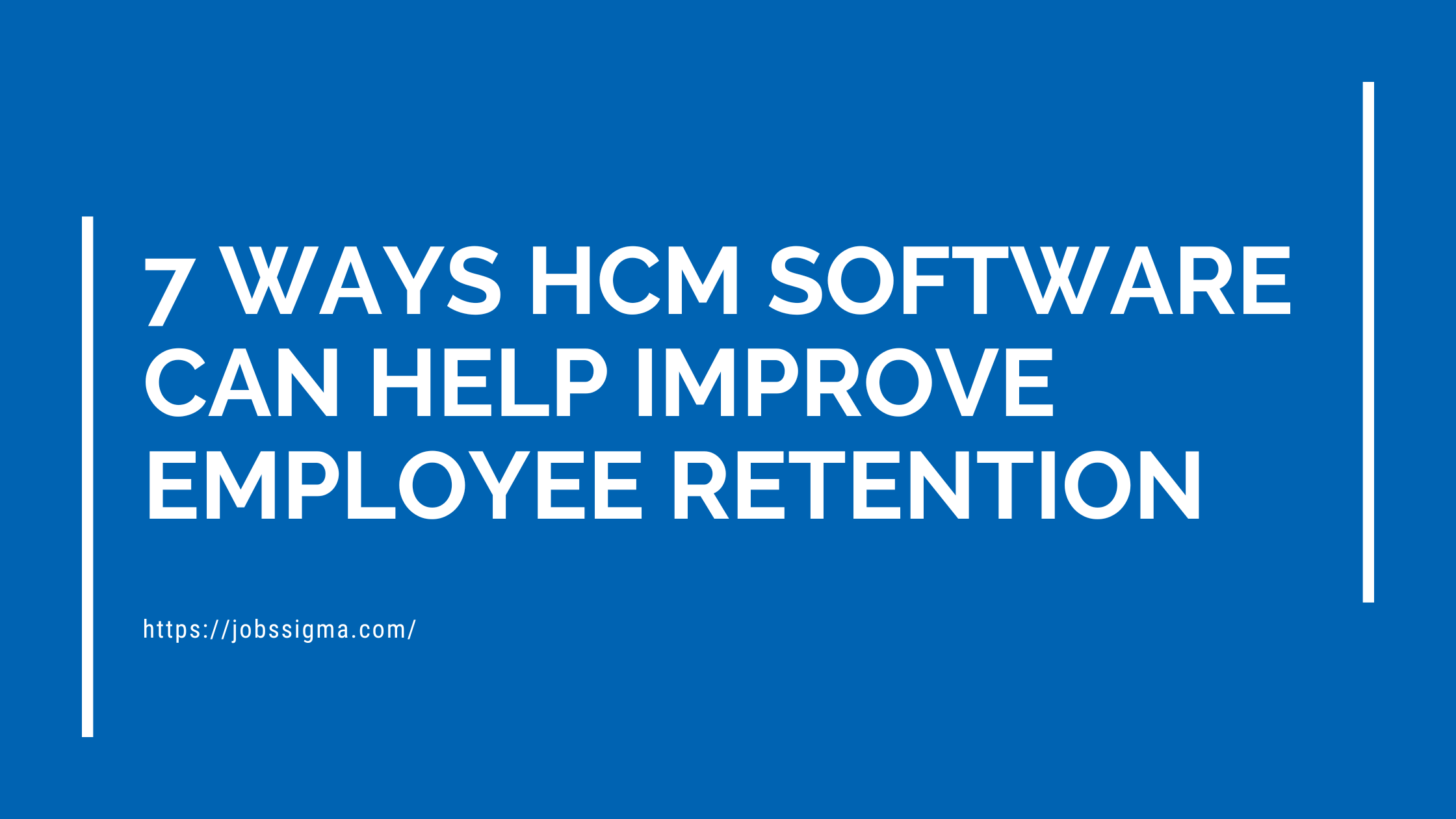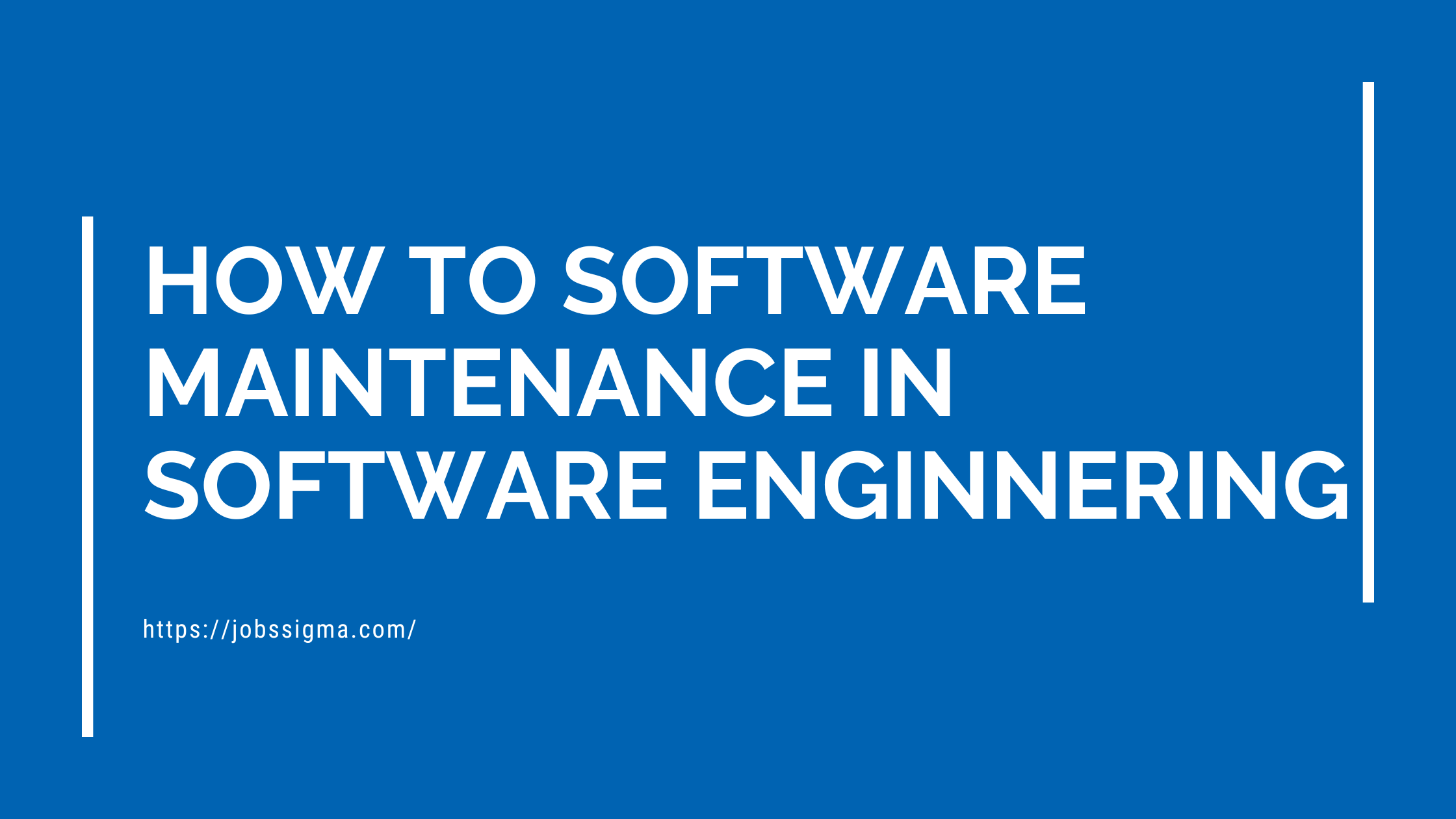ChatGPT : Revolutionizing the Future of Employment
ChatGPT and Software Jobs: Revolutionizing the Future of Employment
The emergence of ChatGPT, an artificial intelligence-powered conversational agent, has revolutionized the way we interact with technology. With its ability to understand natural language, ChatGPT has become an integral part of our lives, assisting us with tasks ranging from scheduling appointments to answering complex questions. However, ChatGPT’s impact extends far beyond the realm of personal assistance, as it has also transformed the landscape of software jobs.
In this article, we will explore the ways in which ChatGPT is revolutionizing software jobs and how it is transforming the future of employment. We will also examine the current state of software jobs and how ChatGPT can help job seekers navigate the job market.
The Rise of ChatGPT
ChatGPT is an artificial intelligence-powered conversational agent that was created by OpenAI, a research organization founded by Elon Musk, Sam Altman, Greg Brockman, Ilya Sutskever, and John Schulman. It is based on the GPT-3 language model, which is one of the most powerful language models in existence today.
ChatGPT is designed to understand natural language and respond in a conversational manner, making it ideal for tasks such as customer support, personal assistance, and chatbots. Its ability to understand and process natural language has made it one of the most powerful conversational agents in existence today.
ChatGPT’s Impact on Software Jobs
The emergence of ChatGPT has had a significant impact on the software job market, as it has created a demand for professionals with skills in natural language processing and machine learning. As more companies adopt conversational agents, the need for developers with expertise in this area will continue to grow.
Conversational agents are being used in a variety of applications, from chatbots that assist with customer support to personal assistants that help with scheduling appointments. As a result, there is a growing need for developers who can create, maintain, and improve these conversational agents.
Furthermore, as conversational agents become more sophisticated, they will require more advanced natural language processing and machine learning algorithms. This means that developers with expertise in these areas will be in even higher demand in the coming years.
ChatGPT and Job Seekers
Job seekers who are interested in software jobs can benefit greatly from the emergence of ChatGPT. The technology can help job seekers navigate the job market by providing them with insights into the skills and qualifications that are in demand.
ChatGPT can also assist job seekers with the job search process by providing them with relevant job postings and recommending job opportunities based on their skills and experience. This can help job seekers find jobs that are a good fit for their skills and interests.
Additionally, ChatGPT can help job seekers prepare for job interviews by providing them with practice interview questions and tips for answering them. This can help job seekers feel more confident and prepared when they go into an interview.
The Current State of Software Jobs
The current state of software jobs is robust, with a growing demand for software developers across a range of industries. According to the Bureau of Labor Statistics, employment of software developers is projected to grow 22% from 2019 to 2029, much faster than the average for all occupations.
The demand for software developers is being driven by several factors, including the increasing use of technology in business and industry, the growth of the internet, and the need for businesses to develop and maintain software systems to remain competitive.
Software developers can work in a range of industries, including software development, information technology, finance, healthcare, and more. They may work on developing software applications, creating software systems, or maintaining existing software systems.


